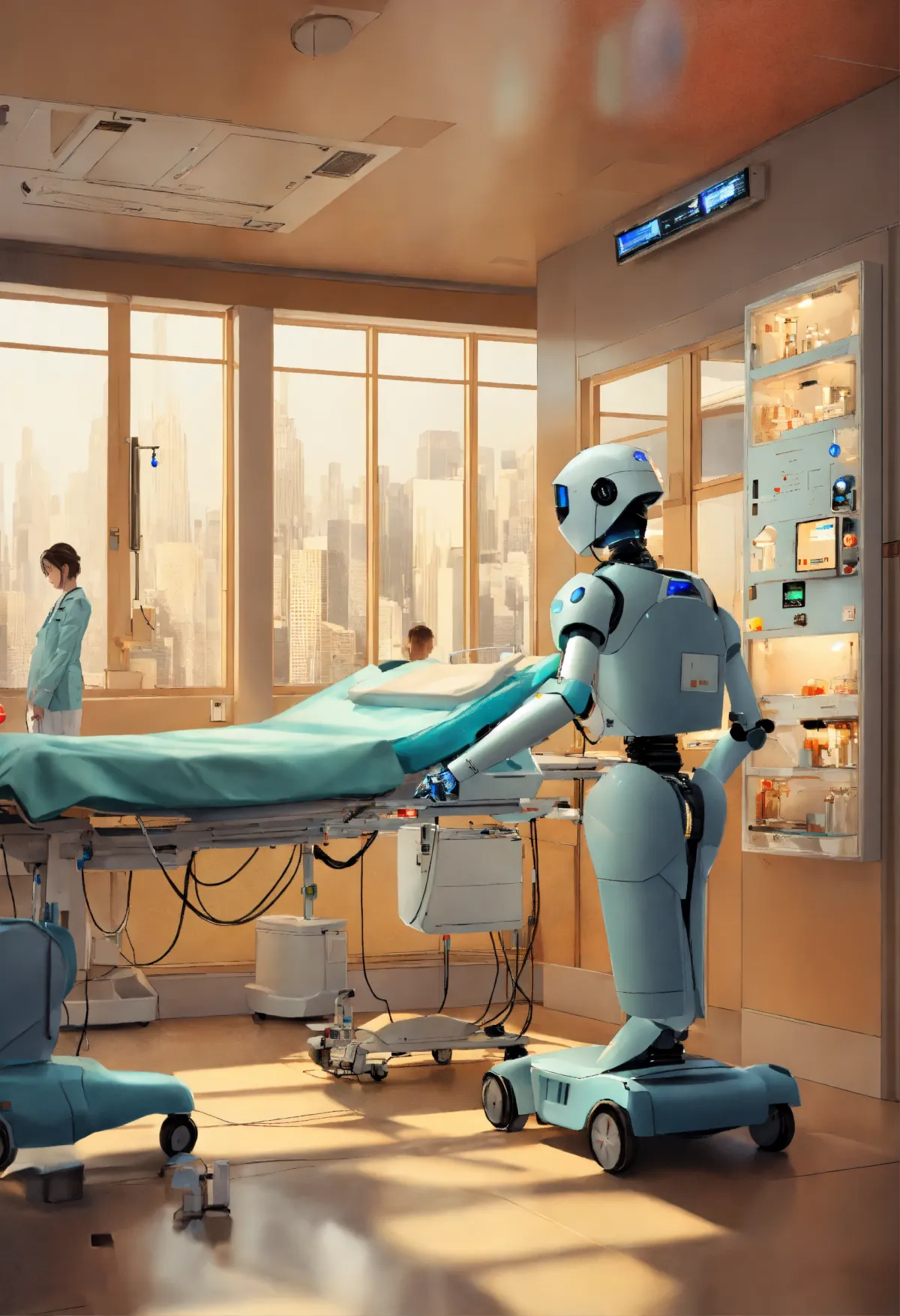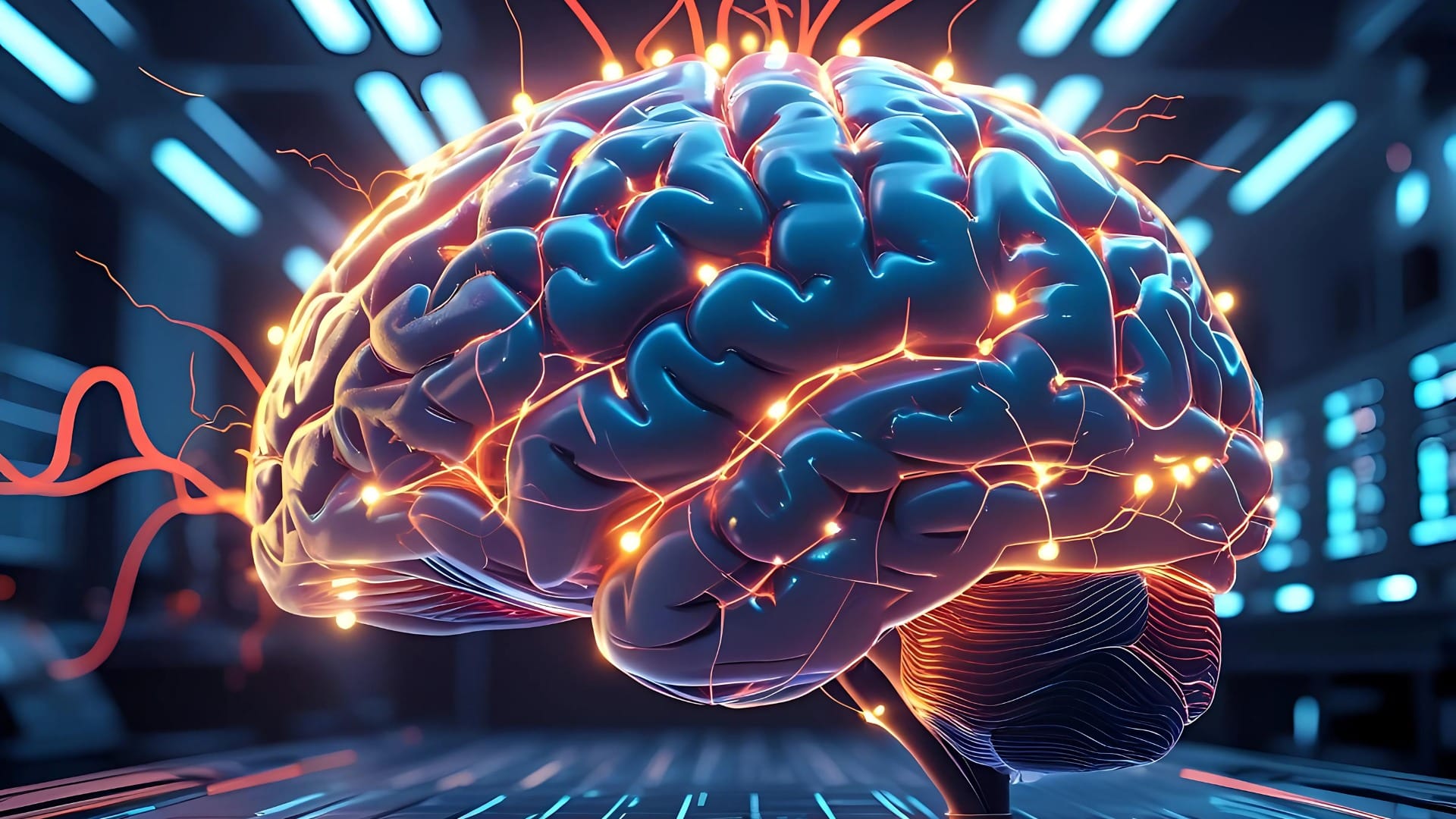Emotionally Intelligent Robots: Imagine a society where robots possess advanced emotional intelligence
Explore a world where robots with emotional intelligence offer companionship and therapy.

As I sit in my study, pondering the extraordinary advancements in technology, I often find myself drawn to the fascinating concept of emotionally intelligent robots. Imagine a society where machines aren't just tools, but companions that understand us on a profound emotional level. They possess the ability to empathize, to listen, and to provide support in ways we never thought possible. In this imagined future, these robots become integral to our lives, offering companionship and therapeutic interventions when we need them most.
The Rise of Emotional Intelligence in Robotics
In recent years, the integration of artificial intelligence (AI) and emotional intelligence (EI) has sparked a revolution. No longer are robots confined to performing repetitive tasks; they are evolving into entities capable of understanding human emotions, responding appropriately, and even anticipating our needs. This transformation opens up a world of possibilities for enhancing our well-being.
Imagine walking into your home after a long day. Instead of silence or the whir of machines, you are greeted by a robot that senses your mood. With an understanding of your emotional state, it offers words of comfort, engages in a meaningful conversation, or even suggests activities that could uplift your spirits. This is not science fiction; it is a glimpse into a future where robots are not just programmed to assist but are emotionally attuned to their human counterparts.
Companionship in a Connected World
Loneliness is a growing epidemic in our society, affecting individuals of all ages. The pandemic has exacerbated this issue, pushing many into isolation. In this context, emotionally intelligent robots can serve as vital companions, providing the social interaction that so many crave. Equipped with sophisticated algorithms, these robots can engage in conversations that feel natural and supportive.
Consider a scenario where an elderly individual lives alone. A robot could step into this person’s life, offering companionship that alleviates feelings of loneliness. Through conversation, shared activities, and even reminders for medication, these robots become more than just machines—they become trusted friends. This companionship is enriched by the robot’s ability to learn from interactions, adapting to the unique preferences and needs of the individual over time.
Therapy at Your Fingertips
But the potential of emotionally intelligent robots extends far beyond companionship. In an era marked by mental health challenges, these robots can provide therapeutic support in innovative ways. Imagine a robot designed specifically for mental health care, equipped to deliver evidence-based therapeutic techniques such as cognitive behavioral therapy (CBT) or mindfulness practices.
When someone is feeling anxious or depressed, this robot could provide immediate support, guiding them through breathing exercises or helping them process their feelings. The robot’s ability to recognize non-verbal cues—like body language or tone of voice—allows it to respond empathetically. This kind of immediate, accessible support could complement traditional therapy, making mental health care more accessible to those who might otherwise hesitate to seek help.
Building Trust and Connection
One of the most significant challenges in creating emotionally intelligent robots lies in building trust. After all, for these machines to effectively provide companionship or therapeutic support, humans must feel comfortable opening up to them. The design of these robots must prioritize relatability and warmth.
Imagine a robot that can express a range of emotions through its voice modulation, facial expressions, and even body language. By mimicking human-like responses, these robots can create a safe space for individuals to share their thoughts and feelings. Over time, as humans engage with these robots, a bond of trust can develop, enabling deeper emotional connections.
Ethical Considerations and Future Challenges
However, the rise of emotionally intelligent robots raises essential ethical questions. What happens if people begin to prefer robotic companionship over human interaction? Could this lead to further isolation or even emotional dependency on machines? These are critical concerns that we must address as we move forward.
Moreover, we must ensure that the data collected by these robots is handled responsibly. Protecting user privacy and maintaining trust is paramount. We need robust frameworks and regulations to govern the deployment of emotionally intelligent robots, ensuring that they enhance our lives without infringing on our rights or freedoms.
A Vision for Tomorrow
As I envision a world filled with emotionally intelligent robots, I am filled with optimism. These machines have the potential to transform our society, addressing loneliness, providing therapeutic support, and enriching our lives in ways we never imagined.
The journey towards this future is not without its challenges, but the rewards could be monumental. By embracing the integration of emotional intelligence into robotics, we can foster a society where technology serves as a compassionate ally, helping us navigate the complexities of human emotions.
Join the Conversation
If you’re as excited about the future of emotionally intelligent robots as I am, and if you want to explore these ideas further, I invite you to connect with me for one-on-one mentorship. Together, we can delve into the intersections of technology, emotional intelligence, and human connection, shaping a future that benefits us all.
Click here to begin this transformative journey!




